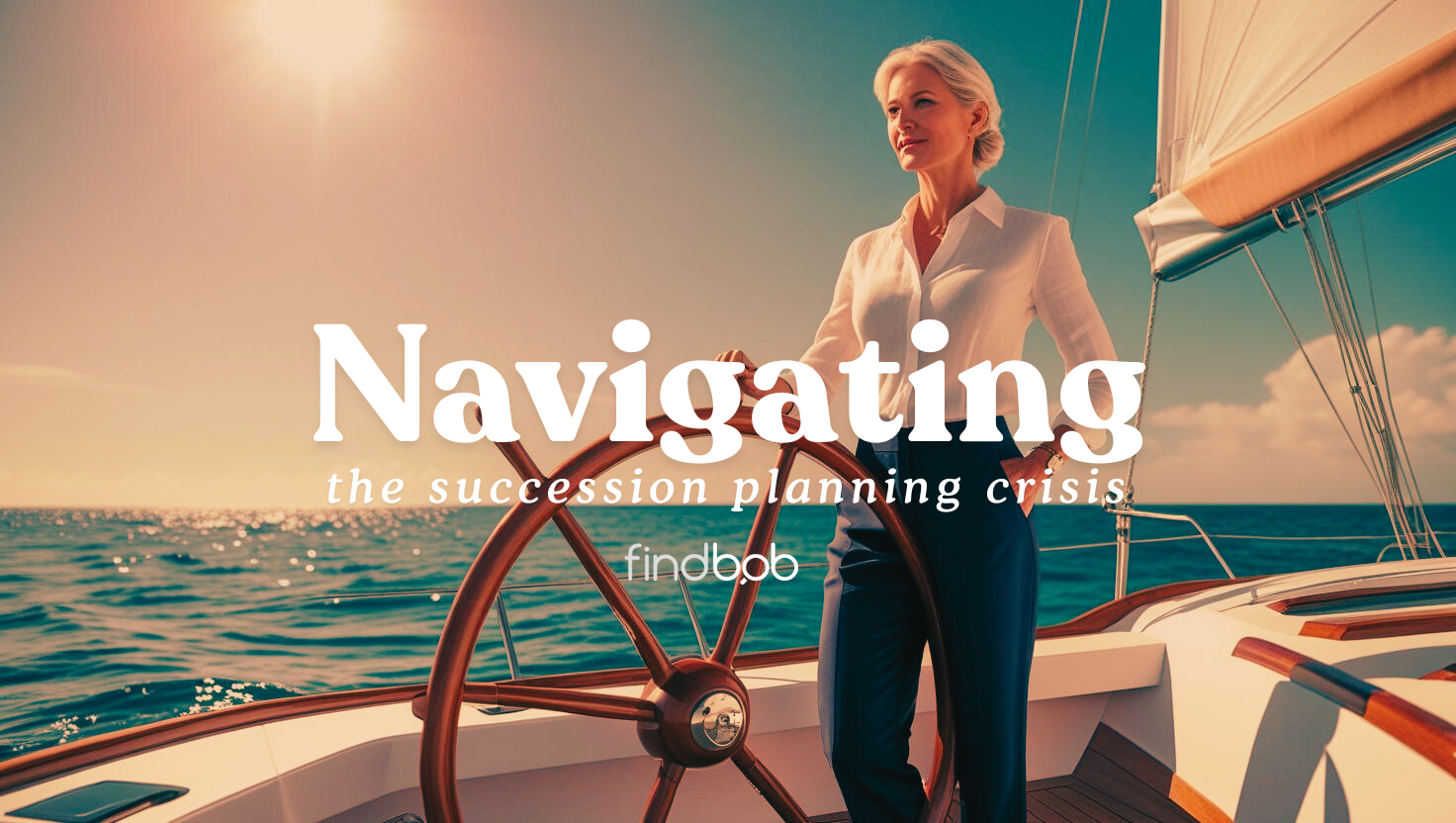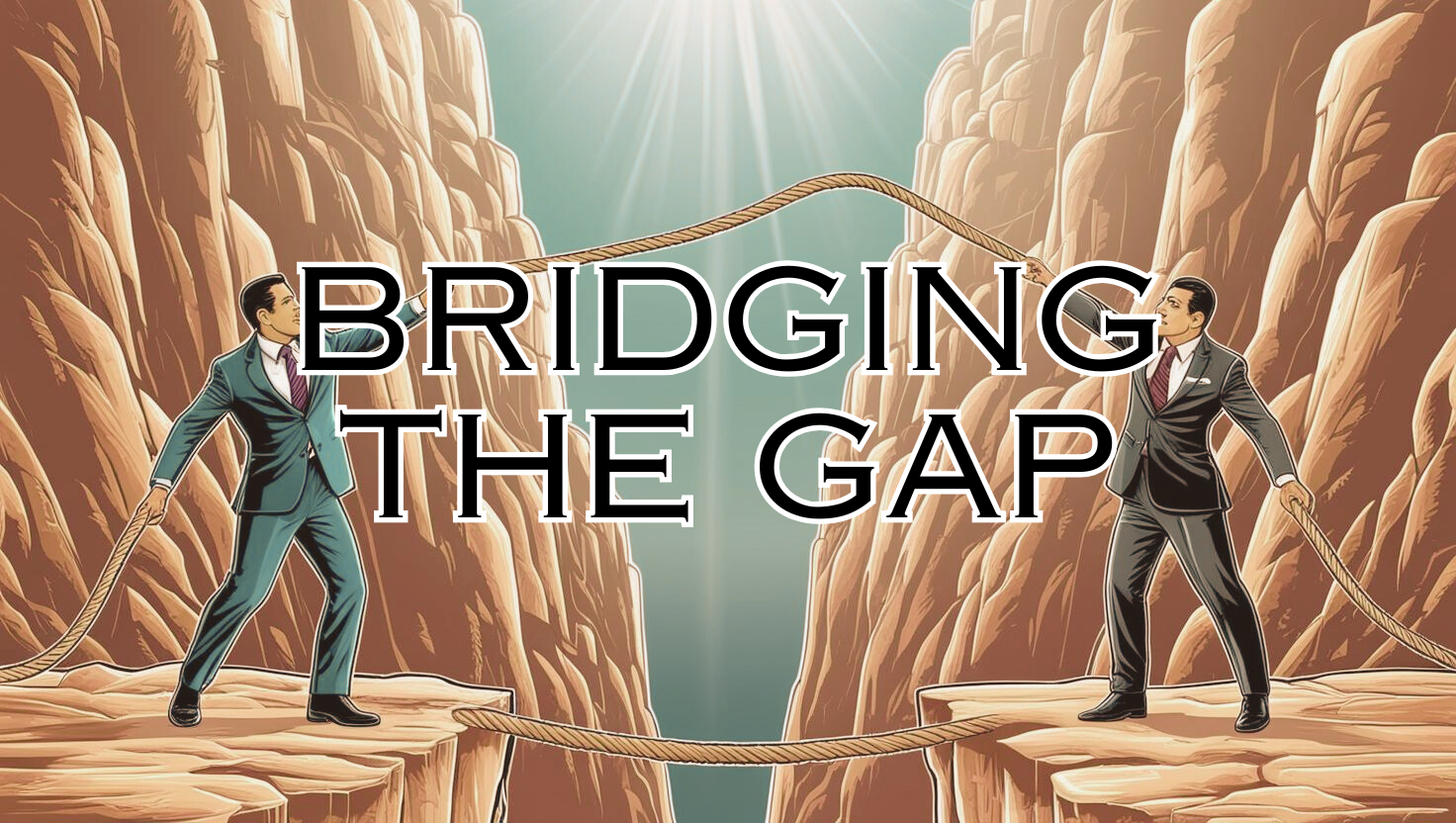You’ve no doubt noticed that the digital economy is dramatically changing consumer expectations. Although it’s happening relatively slowly, the insurance industry is also evolving as changing demographics, consumer behavior, and technology all converge, pressuring the industry and its advisors to adapt.
Staying Ahead
Although significant investment is being made at the carrier level to transform legacy systems, many times these investments are being made in core infrastructure. Agents may see the results of this effort eventually in product development and more streamlined processes, but for the most part, agents are on their own to figure out how to stay ahead of our technology-fuelled preferences for control, choice, and service personalization.
Regardless of their age, across the board consumers are becoming more informed about what they want. “They often feel that their preferences are unique and different from others,” says Mukul Ahuja, senior manager and financial services leader at Omnia AI (part of Deloitte Canada). “There’s a real opportunity to get ahead, for organizations to really understand those individual preferences and provide consumers with greater access to information so they can make decisions that are relevant to them.”
Better Technology for Better Understanding
This effort, he says, does not necessarily require sophisticated, advanced, or expensive technologies. In fact, rather than race to become fully digital online, he recommends agents first understand how consumers want to interact, before investing in technological solutions to meet those specific needs.
Aly Dhalla, CEO, and co-founder of leading insuretech firm Finaeo agrees with the sentiment. “Just having a tool doesn’t mean you are going to be successful. You need to rethink your prompt and inject technology in the right places so that it enables a better experience for the customer and starts to create value for the advisor.”
As the population of financial advisors continues to age across the industry, he says focusing on technology that will automate aspects of the business is part of what will make new recruits more successful in their jobs. “If we can put things on autopilot and let them focus more of their time and attention on professional development and learning, perhaps we can increase the propensity of success. Technology will create more efficient ways for advisors to do their jobs and new entrants into this space will be more successful as a result.”
Client communication is probably one of the more obvious places where technology can help meet evolving customer needs.
In his paper entitled Insurance re-imagined: The ‘retailization’ of insurance, Ahuja writes that 85 percent of those surveyed for his research say the ability to easily get advice in the channel of their choice (mobile, online, etc.) is important: “Today’s insurance buyers expect to have the same depth of information and advice available through multiple channels so they can seamlessly shift between devices,” he writes. “As the number of digital distractions continues to rise, insurers that make it easy for consumers to access the information they need on demand will be the ones to succeed.”
Technology Comfort Widening
Interestingly, he also found that nearly as many consumers aged 35-54 as those aged 18-34 were willing to go online to purchase insurance, making the overall demographic opportunity much larger for insurers then many may have thought.
“This widening demographic of technologically comfortable consumers implies that insurance providers – agents, brokers, and carriers – should shelve any lingering assumptions that digital tools are only appealing to the millennial generation,” he says. “Digital does not mean impersonal, it means technology is used as the interface for this customer.” There is a myth, he adds, that “digital is for young people and face-to-face is for older people. That’s really not the case at all.”
Customization Options
Although initiatives to address this will likely need to come from carriers, he says policy management is another area where client demands are evolving: “86 percent of respondents told us the ability to easily customize their policy and make updates after purchase is important. Consumers want the option to make changes. This is not to say all consumers will make use of this function but the idea is to empower customers to decide how involved they want to be in the process.”
To stay abreast of technological change and consumer preferences Dhalla recommends advisors become “very, very curious,” have an open mind, and continually think about new ways of doing their jobs. “If they’re not curious and not really willing to change, it doesn’t matter what we build for them, they just won’t use it. Be very open to what the future can bring if technology is used.”




